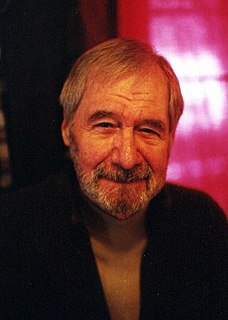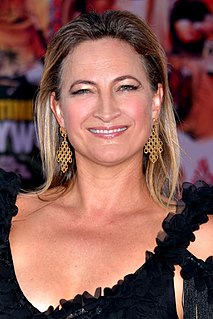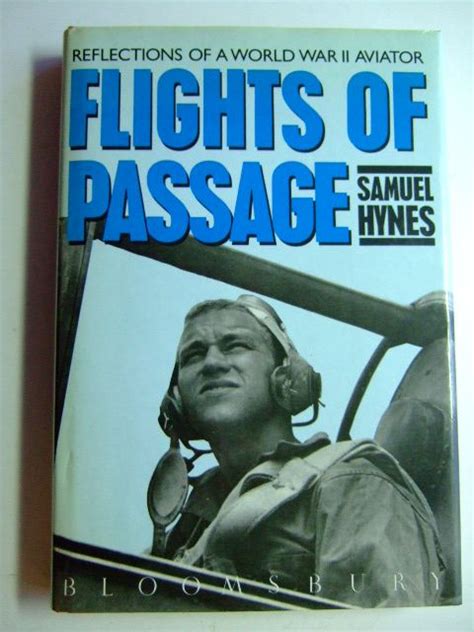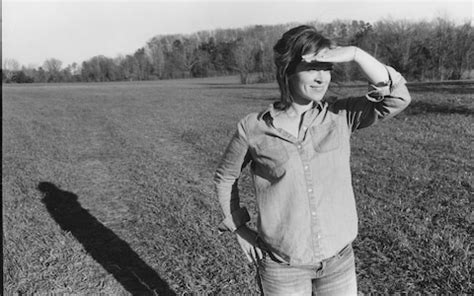A Quote by Nora Roberts
Action, reaction, motivation, emotion, all have to come from the characters. Writing a love scene requires the same elements from the writer as any other.
Related Quotes
The very dull truth is that writing love scenes is the same as writing other scenes - your job is to be fully engaged in the character's experience. What does this mean to them? How are they changed by it, or not? I remember being a little nervous, as I am when writing any high-stakes, intense scene (death, sex, grief, joy).
My favorite thing to do is action-driven, emotionally-charged scenes. If it's not just two people talking in a room, but it's on the move and things are happening and it's chaotic, and emotion comes from the characters and from the action, and the fall-out ultimately changes the character relationships, that exactly the kind of stuff I like writing.
The acting background helped a lot when I started writing. I was training for it. In acting class they teach you about the stakes in a scene (and) what motivates characters. When you bring a scene to class - as an actor with your scene partner - you have to do everything. There's no producer, set decorator or anything like that. You and you partner have to do everything and that's kind of like facing the blank page as a writer.
The force that unites the elements to become all things is Love, also called Aphrodite; Love brings together dissimilar elements into a unity, to become a composite thing. Love is the same force that human beings find at work in themselves whenever they feel joy, love and peace. Strife, on the other hand, is the force responsible for the dissolution of the one back into its many, the four elements of which it was composed.
When you're writing a book that is going to be a narrative with characters and events, you're walking very close to fiction, since you're using some of the methods of fiction writing. You're lying, but some of the details may well come from your general recollection rather than from the particular scene. In the end it comes down to the readers. If they believe you, you're OK. A memoirist is really like any other con man; if he's convincing, he's home. If he isn't, it doesn't really matter whether it happened, he hasn't succeeded in making it feel convincing.
I think the primary gift of the animal is offered to writer and non-writer alike; they teach us about love, or attunement, which is love in action. A lot of people have closer relationships with animals than they do with other humans, because real intimacy requires both parties to consistently lean in, and animals are so good at this. They remain consistently, amazingly attuned to us, even when we fail them, and so we stay present, because we sense we're safe.



































